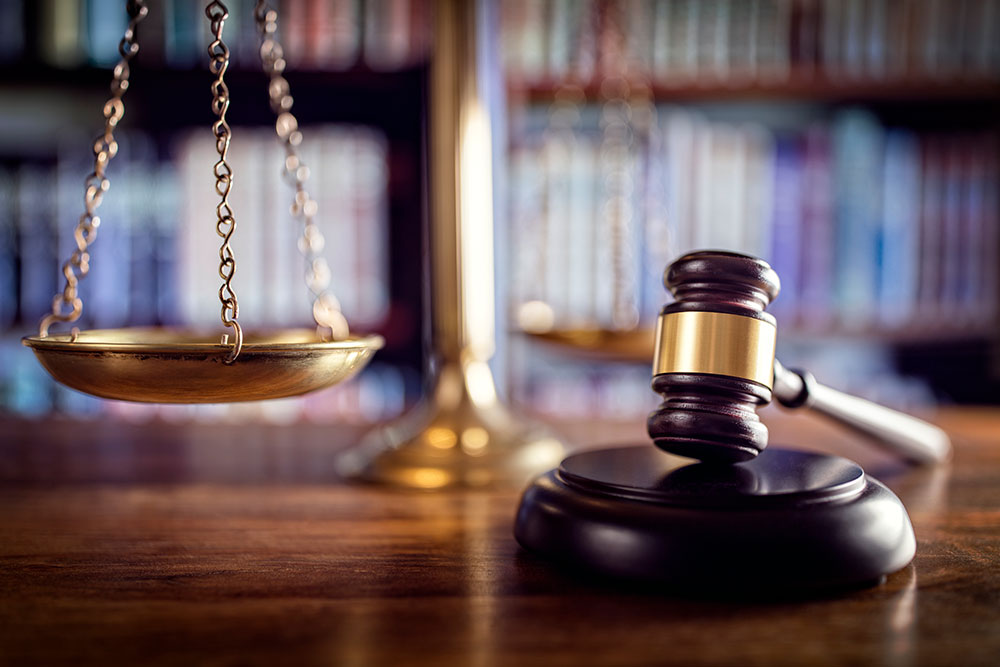Civil rights and what makes a good case in Denver, Colorado
One of the bedrocks of America is, at least in theory, the right of political and social freedom. This idea, that American citizens have unalienable rights, revolutionized the American experience, bringing millions of immigrants from all over the world to participate in opportunities that were previously unavailable. Unfortunately, even today, many Americans and Colorado residents have their basic constitutional rights infringed upon.
 If you have had your rights violated, whether you’ve been discriminated against in the workplace or you’ve been abused by law enforcement, among other civil rights, you need to contact us. At the Civil Rights Litigation Group, we are one of Denver’s leading voices for victims of civil and constitutional rights abuses, and we have the tools and legal know-how to get your case to courts, litigate vigorously, and seek compensation for damages incurred.
If you have had your rights violated, whether you’ve been discriminated against in the workplace or you’ve been abused by law enforcement, among other civil rights, you need to contact us. At the Civil Rights Litigation Group, we are one of Denver’s leading voices for victims of civil and constitutional rights abuses, and we have the tools and legal know-how to get your case to courts, litigate vigorously, and seek compensation for damages incurred.
Understanding constitutional rights in Colorado
Civil, or constitutional rights in the United States (and Colorado) are the rights of individuals to receive equal treatment from unfair practices and discrimination. There are many laws aimed at protected certain individuals. The most famous protection is the Civil Rights Act of 1964, which was a landmark civil rights and labor law that outlawed discrimination based on race, color, religion, sex, or national origin. In Colorado, the Colorado Civil Rights law also prohibits discrimination on the basis of sexual orientation and marriage to a coworker. According to both federal and state laws, discrimination is illegal when it’s based on:
- Race
- Color
- Religion
- Creed
- National origin
- Ancestry
- Sex and gender
- Age
- Sexual orientation
- Sexual harassment
- Physical or mental disability
- Marriage to a co-worker
- Retaliation for engaging in a protected activity
Elements of a civil rights case
You may have a case when another individual has discriminated against you in a protected setting, such as in an education setting, housing setting, or employment setting. For instance, if an employer has made a hiring/firing or employment decision based on the above-mentioned protections, you may certainly have a discrimination case.
Furthermore, civil rights abuses can occur in the following ways:
- Retaliation for employing First Amendment rights
- Fourth Amendment illegal searches
- Unlawful incarceration
- False arrest by means of excessive force
- Police brutality
- Fourteenth Amendment equal protections
- Prisoner, inmate and parolee civil rights abuses
- And more…
What you should do if you have a case
If you were the victim of a civil rights abuse, whether that was discrimination in the workplace, Constitutional Rights abuses, or police brutality, the first step is to contact an experienced attorney in Colorado. With in-depth knowledge of Colorado and federal civil rights laws, as well as experience representing individuals just like you in courts, an attorney can help you combat the abuse, seek justice, and possibly recover compensation for damages incurred.
Before starting a discrimination case, it’s important to note that you must file employment discrimination claims within six months of the alleged act; the deadline is one year for housing claims and 60 days for public accommodations claims. In many cases, your abuse claim will begin with filing an intake packet, which is reviewed by the Colorado Civil Rights Division.
Contact the Civil Rights Litigation Group today
No matter the circumstances, if you have had your rights violated, you need to take action and contact an attorney. Remaining silent solely promotes further discriminatory acts or abuses in the future; as such, filing a lawsuit can help you seek justice while preventing further abuses in the future.
There are deadlines to filing a civil rights claim, so don’t hesitate and contact Denver civil rights attorney Raymond K. Bryant at the Civil Rights Litigation Group today. For a free consultation, call us at 720-515-6165.
